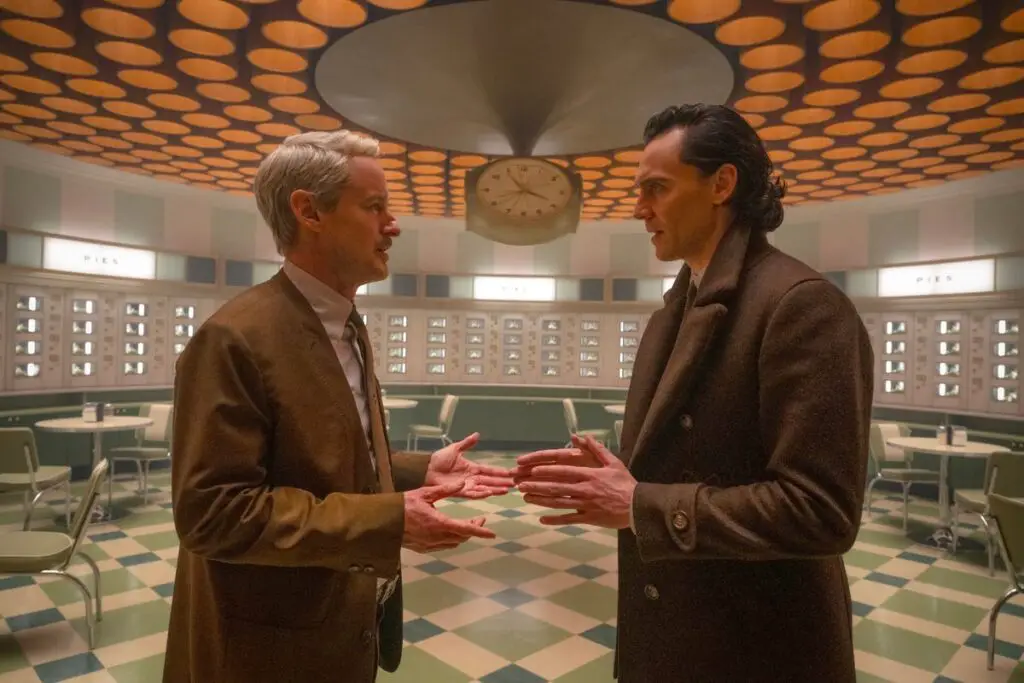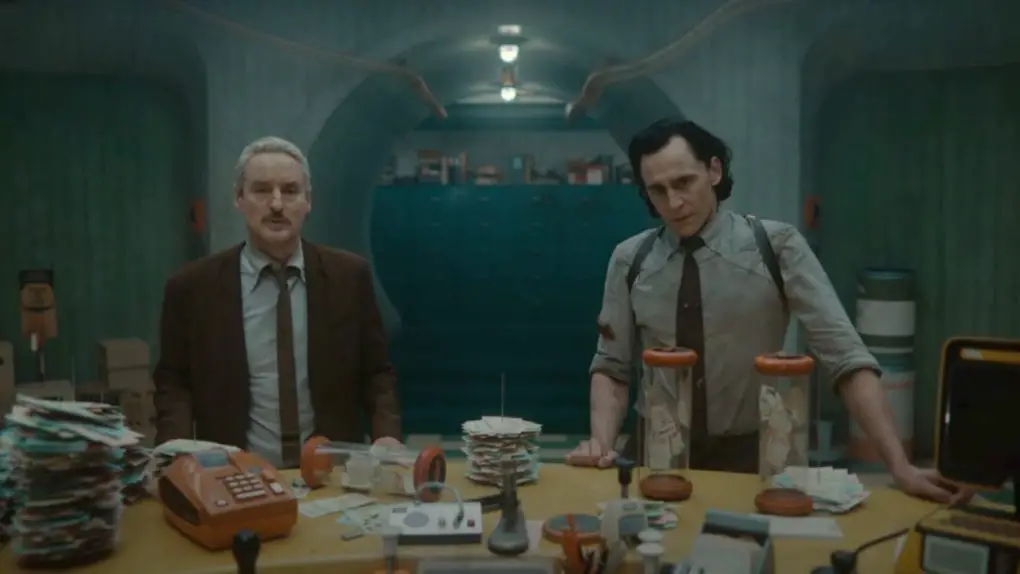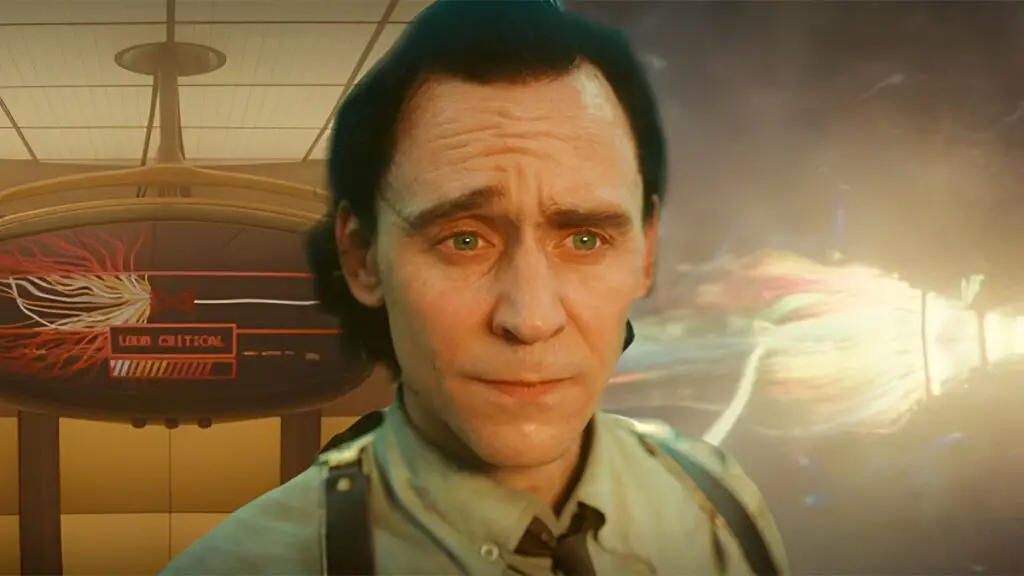In the captivating series Loki, we dive deep into a universe where the Sacred Timeline reigns supreme, and the Time Variance Authority (TVA) holds the monumental responsibility of ensuring its preservation. Within this narrative, the central figure, He Who Remains, or more recognizably, Jonathan Majors, establishes this timeline as the ultimate savior against a potentially devastating multiversal war. But how? By making sure he remains the solitary Kang variant in existence. The mere thought of other timelines emerging terrifies him, as this would birth more Kang versions, reigniting the flames of multiversal conflict. The creation of the Temporal Loom, a potent engine at the core of the TVA, is a testament to this fear. Drawing power from raw temporal energy, it meticulously crafts the Sacred Timeline, thereby eliminating any chances of alternative timelines sprouting. But, beneath this narrative lies a more profound debate: the struggle between free will and fate.
Fate vs. Free Will: Ancient Myths and Modern Interpretations

For time immemorial, the concept of fate has been an integral part of various cultural mythologies. Consider the Ancient Egyptians, who entrusted their fate to the deity Shai. From the instant they were born, Shai had a predetermined life course for them. Hindus attribute the path of life to Karma, a culmination of deeds from past lives. Meanwhile, Greek legends portray fate through three women, each responsible for crafting, connecting, and terminating life’s golden threads, a narrative beautifully mirrored in The Sandman. These threads, with their determined destiny and lifespan, can be likened to the intricate workings of the Temporal Loom. Much like the golden threads, temporal energy ensures that events align with the Sacred Timeline, and TVA, mirroring the third woman from Greek mythology, acts as the regulator, ensuring no divergences.
The Morality of the TVA: Choices, Consequences, and Chaos
The recent revelations in the series have thrown our protagonists Loki, played by Tom Hiddleston, and Mobius, portrayed by Owen Wilson, into a whirlpool of ethical dilemmas. The act of “pruning” timelines isn’t as innocent as it seems. Instead, it’s a death sentence for countless beings, casting them into oblivion. This realization fuels the anger of Sylvie, who feels betrayed by the TVA’s actions, robbing her of free will. But the choices they face aren’t simple. They oscillate between maintaining a stringent order, potentially saving millions, or embracing chaos, which brings forth genuine free will but at great peril. Loki’s trust in He Who Remains’ words contrasts with Sylvie’s skepticism, further muddying the waters of decision-making.
A Race Against Time: Repairing the Temporal Loom

The new season introduces us to Ouroboros, also known as O.B., a character with an intimate understanding of the TVA’s operations. After helping Loki with his time anomalies, he realizes the Temporal Loom’s critical malfunction. With the cessation of “pruning,” the overburdened Loom struggles with an overwhelming influx of temporal energy. However, O.B. isn’t one to back down. In response to the catastrophic implications of “pruning,” he conceives a way to augment the Loom’s capabilities. But Loki fears this might be a Pandora’s box, potentially bringing forth all of Kang’s variants and initiating multiversal chaos.
The Uncertain Path Ahead: What Awaits in the Multiverse
The decision to free the timeline at the culmination of the first season might not yield the peace Sylvie envisioned. Without the experience to comprehend the profound implications of incursions, Sylvie remains oblivious. In a heart-stopping twist in the Multiverse of Madness, Doctor Strange encounters a reality where even the formidable Darkhold couldn’t prevent an incursion. This harrowing experience makes Loki’s belief in He Who Remains’ warnings about the Kang variants’ ruthlessness even more substantial. But Sylvie, having lived a life far removed from the dictates of the Sacred Timeline, is determined to prove that there’s more than one solution to this intricate puzzle.
Conclusion
Loki continues to present viewers with a narrative rich in moral dilemmas, questioning the very nature of existence and free will. As the series progresses, the choices made by the protagonists will undoubtedly reshape the very fabric of their universe. Whether they choose the path of order or embrace the unpredictability of chaos remains to be seen, but the journey promises to be enthralling.


